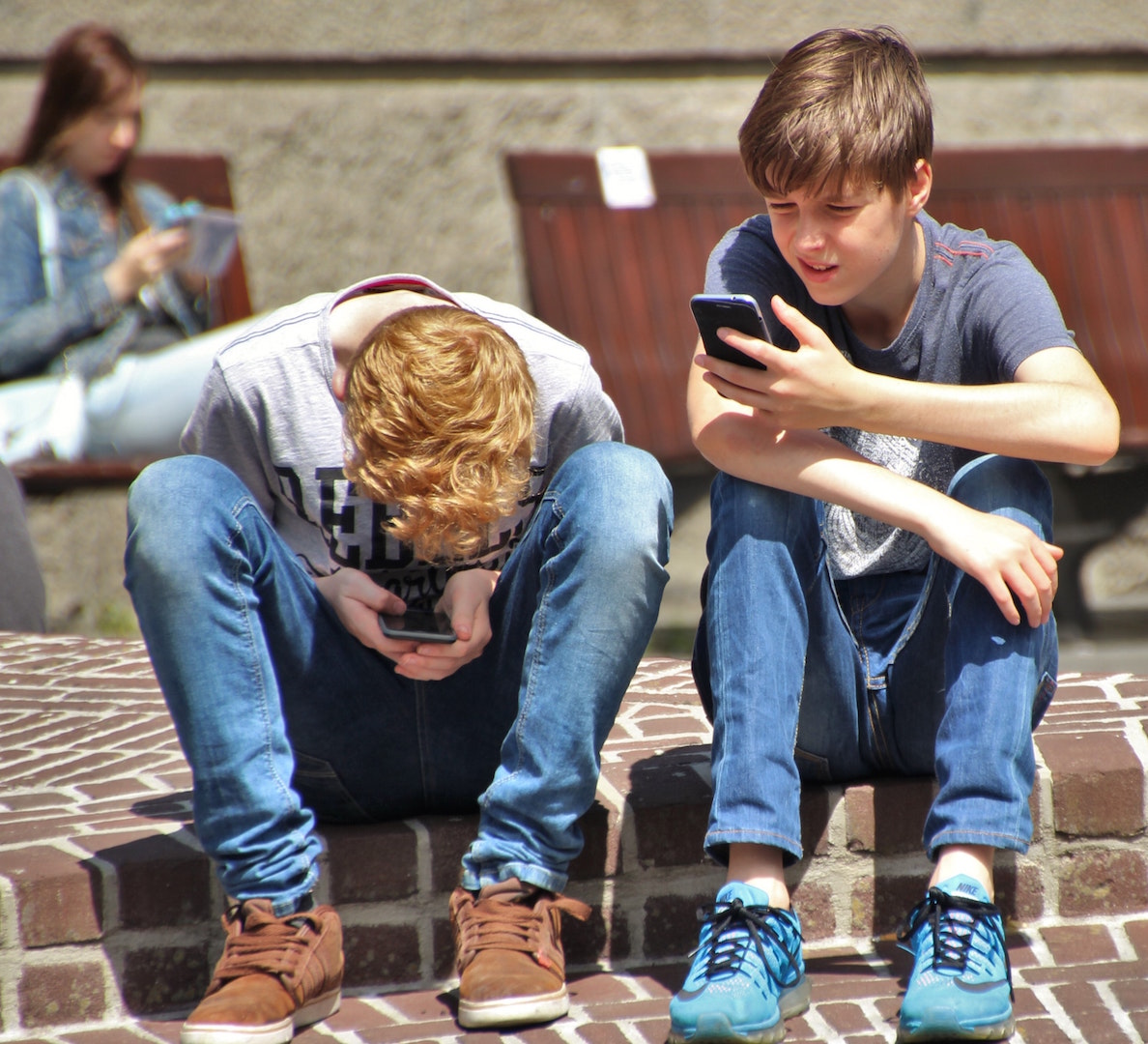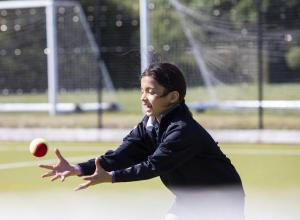
Mobile phones are, to state the obvious, amazing. Really they are. Indeed, were I able to travel back in time (a capacity presumably soon to be made available via an app on the next Apple or Samsung upgrade) to visit my younger self, I would blow his/my mind entirely with the revelation that a single device would soon be my phone, camera, music player, satnav, library, calendar and more. I utilise and appreciate these things, and I would feel utterly at sea if without my phone for any length of time.
But that’s the problem… I fear I may have become addicted. I’m showing the signs. I check my phone compulsively and struggle to put it down, I find it hard to cut down my use despite good intentions and I am even, in my worse moments, that annoying person checking their phone upon only the slightest lull in conversation.
Last year, a report by the Education Policy Institute found that over a third of 15-year olds in the UK can be classified as ‘extreme internet users’, active online for 6+ hours per day. Only one OECD country is worse
But it could be worse. And, were I 14-years old, I fear it would be. After all, no significant part of my life is lived via social media. I have been known to post about my children or Mr Trump on Facebook on occasion, but I don’t have Instagram, I don’t tweet and I don’t understand Snapchat. When I’m checking my phone, it’s generally only to confirm that no one has texted me, or to check that the headlines on BBC Sport are still the same as they were 3 minutes ago.
For kids the stakes are higher. Last year, a report by the Education Policy Institute found that over a third of 15-year olds in the UK can be classified as ‘extreme internet users’, active online for 6+ hours per day. Only one OECD country is worse (Chile). A third of these youngsters report having suffered an upsetting experience via social media.
This level of screen time is not good for people. Quite aside from practical considerations like the increased likelihood of pedestrians glued to their phone becoming a victim of crime or accidents (and ‘text neck’ is apparently a real injury!), a number of studies, such as one published last November by the Association for Psychological Science, are tracing correlations between those most intensively using social media and a rise in depression and suicide among the young. These things, along with other issues such as suffering bullying, appear more likely among the most phone-addicted.
It is stressful – fun too, but stressful – for kids to be so invested in social media. It is demanding to live a filtered and oh-so-cool life on Instagram in addition to, and perhaps at odds with, the one lived in reality.
In addition to the above, my own experiences in education would suggest the following. It is stressful – fun too, but stressful – for kids to be so invested in social media. It is demanding to live a filtered and oh-so-cool life on Instagram in addition to, and perhaps at odds with, the one lived in reality. Misjudgements live forever. People say things they wouldn’t say face to face. Mental health is rarely enhanced.
Parents can act and, in my humble professional opinion, should do so. They are the bosses of the house. They can insist that phones are out of sight (and hearing) for part of the evening, that they are charged downstairs at night, away from the bedroom, and that they are always absent from the meal table.
Parents can insist that phones are out of sight (and hearing) for part of the evening, that they are charged downstairs at night, away from the bedroom, and that they are always absent from the meal table.
Teenagers are unlikely to say thank you in the short term, but may well do so later on. But lastly, and here’s the challenge to myself, parents also play a key part in modelling restrained phone use and in practising what they preach.
So let’s all take a deep breath and put them away! At least until the next ping.







